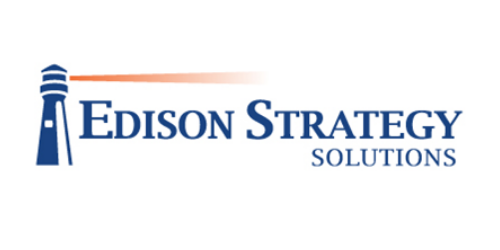Surprise! No Secret Formula Needed to Make Good Teachers
/Having worked with multiple education organizations to help them develop and implement their strategy, I know first-hand how important it is to them to hire, develop, and retain great teachers. It is generally acknowledged as the most important thing schools need to do to improve their students’ education.
An article and briefing in The Economist this week examines the issue in detail, hoping to dispel the myth that great teachers are born and cannot be made. The article argues that “the myth of the natural-born teacher” causes schools to focus more on hiring and firing teachers rather than development. And, surprise, research finds that “a blend of subject knowledge and teaching craft” is really the most important aspect of teaching.
After all, successful teachers are good at four main things: (1) setting clear goals; (2) enforcing high standards; (3) managing their time wisely; and (4) using best practices. My guess is that any successful professional is probably pretty good at these four things.
Teaching Can Be Taught
The upside, according to The Economist, is that the “premise that teaching ability is something you either have or don’t is mistaken.” People can be taught to be good teachers. And, not surprisingly, there’s no secret formula to training them. In fact, training teachers looks remarkably similar to training any professional.
First, start with intense, guided practices and ensure subject matter knowledge. Teach pedagogical methods and provide trainees with plenty of on-the-job training—make sure they spend time in the classroom.
Finally, provide coaching and feedback to teachers. Presently, this is sorely lacking. Teachers need to be observed on-the-job and given feedback to help improve. And, of course, the teachers must be accepting of critical feedback.
Rigorous On-Boarding and Professional Development Programs
To me, the lessons I take from this based on my experience working with education organizations are twofold. First, teachers would benefit from participating in a rigorous on-boarding program that helps ensure they have the baseline of knowledge and skills to be a good teacher.
Second, a rigorous professional development program is required. A lot of organizations merely pay lip service to the idea of professional development, so employees never get the required ongoing training. In others, funding and other resources are dedicated to it, but it is a low priority that people aren’t held accountable for and never get around to.
To solve this problem, I subscribe to the theory of what gets measured, gets done. Therefore, do what a (non-education industry) client of mine did and use “training dollars expended” as a strategic measure, or key performance indicator, for your organization. It sends the message that training is important and enables all staff to contribute to your organization’s strategy execution.


